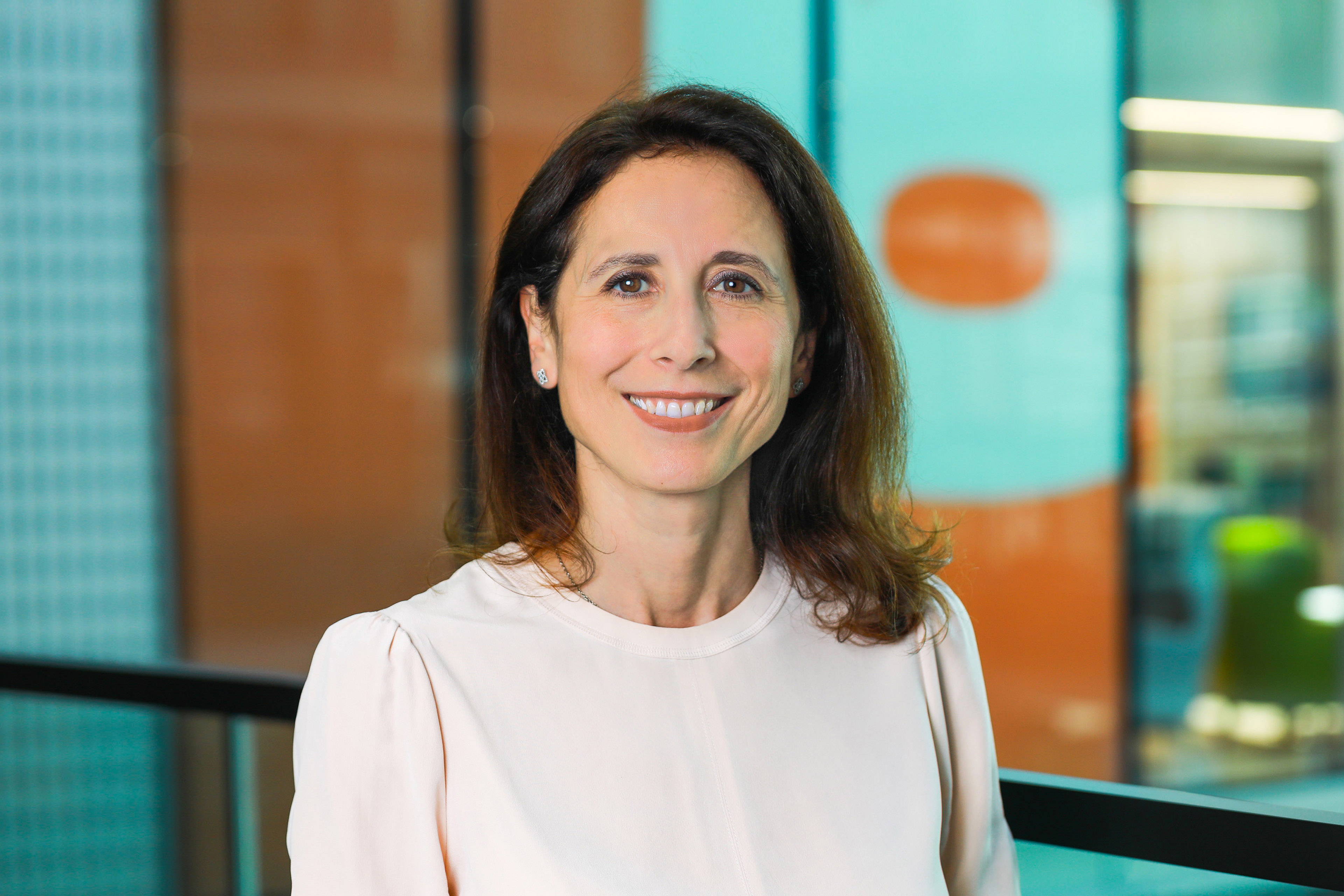Once top of mind, the obstacle of price is hampering their ability to embrace sustainable products. Energy is a big focus, with more than a third (36%) citing affordable and clean energy as their top sustainability issue.
But when it comes to sustainable products, more than half (56%) of consumers say that they cost too much and 71% say price puts them off purchasing. Only 31% of respondents will pay more for sustainably produced goods.
That’s not to say their environmental ideals have disappeared completely. Their frugal behaviours are translating into green behaviours – just with affordability now the main motivator, rather than conscience. Half (50%) of consumers say that they mainly take environmental action when it will save them money with the same amount always trying to conserve energy, for example.
Similarly, trends such as repair rather than replace continue to see growth, up from less than half (49%) in February 2022 to more than two-thirds (68%) in April 2023.
Consumers are health conscious as well as financially conscious
Although their green behaviours are being hampered by affordability, the health-conscious consumer remains, with the desire for products that are healthy and good for them second only to price when making purchase decisions for the future.
Mental and physical health are also both top of mind with two-thirds (66%) of consumers intending to put greater emphasis on their physical health over the next three years and more than half (55%) their mental health. This mindset is leading consumers to prioritise home cooking over takeaway, with 32% of UK consumers planning on cooking more at home, while 40% plan on ordering take out less over the next 3 months.
Technology is also playing an increasing role in supporting healthier choices. 18% of UK consumers have used an app that provided them with a meal plan, 34% an app to track their calorie intake and almost half (47%) an app to monitor their exercise.
Opportunities for retailers and brands to get smarter with the shopping experience
Although online shopping has continued to grow, it looks like digital online penetration has now reached its new normal and is no longer going through the accelerating growth curve we saw during COVID-19, with the share of shoppers ordering groceries online over the next six months falling 9% to 59% for non-grocery items, and by 5% to 37% for grocery purchases.
However, familiarity and acceptance of different types of technology online is growing amongst consumers, providing opportunities to more deeply engage consumers through experiences they love when they are shopping online.
Nearly half (45%) of consumers say they are comfortable when artificial intelligence (AI) is used to improve their shopping experience and a similar amount (43%) are comfortable using a chatbot for customer queries. Their level of confidence in tailored promotions or deals generated by AI is also higher with nearly two-thirds (62%) saying that they had complete or moderate trust.
Where trust is lacking, however, is in their willingness to share data – even when they are to benefit. Those not wanting to share data to get cheaper product recommendations has risen from 32% in February 2022 to 41% in April. The reluctance to share data for healthier product recommendations meanwhile rose from 40% to 52% over the same period.
What UK brand owners and retailers need to do next
Consumer behaviour is continuing to adapt to a changing cost of living. It's clear that priorities have already shifted, and consumers are uncertain about the financial outlook in the coming months. There are opportunities out there, but capturing them will require brands and retailers to act now:
- A mandate for simplification and innovation: In a world where evermore affordability-focussed consumers are increasingly switching to private label and using discounters, brands have to balance the opportunity to simplify and innovate their ranges with better targeting of the needs of the value focussed consumer and the affluent consumer at either end of the K-shape.
- Drive and grow private label: Consumers increasingly see private label as a good choice. Retailers need to sharpen private label offers and have an opportunity to grow this area, whilst also balancing investment in branded goods which can drive in-store footfall.
- Embrace health and wellness: The post-COVID-19 consumer is increasingly focussed on health and wellness. Increasing investment and targeting innovation in this space will improve exposure to growth drivers.
- Frugality meets sustainability: Consumers are willing to spend on sustainable products and services where they believe it also saves them money. Translating “good for the planet” into “good for the pocket” by making sustainable goods more cost-effective will be critical to winning future growth.
- The next digital wave: Winning the trust of shoppers to access and leverage their data for next generation digital services will be the key to frictionless AI-led experiences that consumers are already starting to explore.







